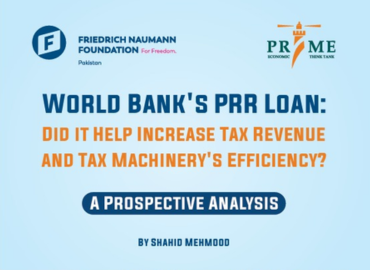Introduction
The size of government is perhaps one of the most divisive issues that has attracted the attention of researchers over the years. And unfortunately, as Henry Blodget (2012) noted, this topic has largely been politicized and one cannot talk about it without been applauded or booed by supporters of respective political parties and due to this a lot of facts have been ignored or distorted.
Economists and policy makers are divided on whether expanding the size of government retards or accelerate the economic wellbeing of a country. The proponents of the bigger size of government view government as a master of correcting the inadequacies of the free markets. They opined that government, through its development and welfare programs, provide goods- national defence, health, education and basic infrastructure- which market cannot offer. This position says that the externalities created by liberalized markets result into inefficient allocation of resources, which cannot be solved on their own, and hence, it requires government intervention to overcome these expanses. This view also claims that the expansion of government pumps more money into pockets of the economy, which then accelerates the economic growth.





